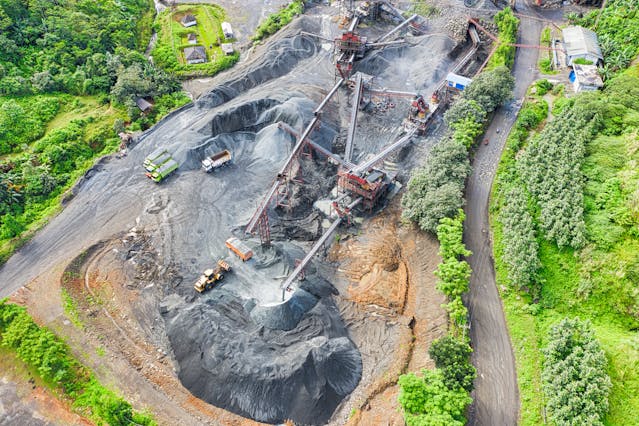Beijing’s Decision Sparks Urgent Consultations in Brussels
European leaders are developing a unified course of action after China imposed wider export limits on rare-earth minerals critical to the region’s manufacturing and defence sectors. The expanded policy, issued as Announcement No. 61, brings new elements—such as erbium, europium, thulium, holmium, and ytterbium—under stricter licensing requirements. Following a ministerial session on 14 October 2025, EU Trade Commissioner Maroš Šefčovič said the bloc intends to coordinate its response with G7 partners to safeguard European industries and maintain stable access to key raw materials.
Dependence on Chinese Supply Chains Raises Strategic Alarms
China refines more than four-fifths of the world’s rare-earth materials, a dominance that leaves European companies vulnerable to sudden export restrictions. The latest rules, set to take effect on 1 December 2025, are expected to tighten supplies for electric vehicle batteries, wind turbine components, and precision technologies. Economists and industry analysts warn that the development could amplify costs across several sectors and highlight Europe’s need to diversify supply. EU institutions have repeatedly urged greater investment in recycling programs, domestic extraction projects, and cooperative ventures with mineral producers in Africa and Scandinavia.
Brussels Pursues Coordinated Diplomacy Before Escalating Trade Action
Rather than responding with immediate tariffs or sanctions, EU officials are opting for a measured approach focused on international coordination. Discussions are underway with the United States, Japan, and Canada to explore joint action and assess possible recourse under World Trade Organization procedures. Lars Løkke Rasmussen, Denmark’s foreign minister and current holder of the EU Council presidency, said the situation represents “a defining challenge to Europe’s unity and economic resilience.” A formal response package is expected later this year, combining legal instruments, trade measures, and long-term strategies to reduce dependence on Chinese-controlled mineral supply chains.

